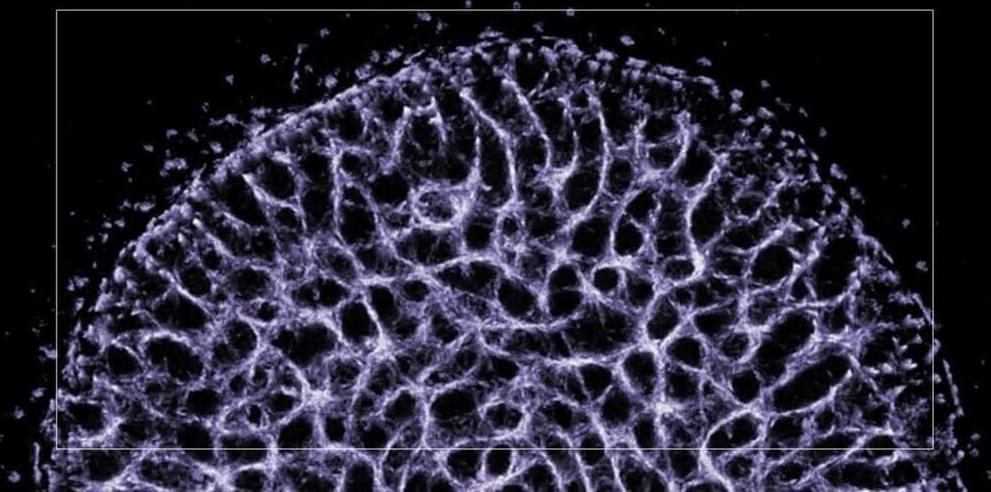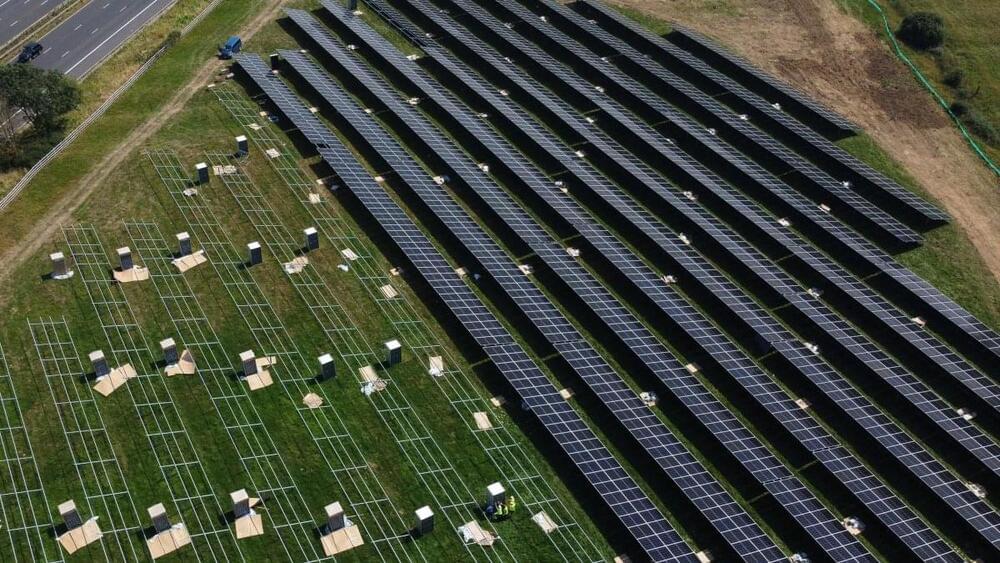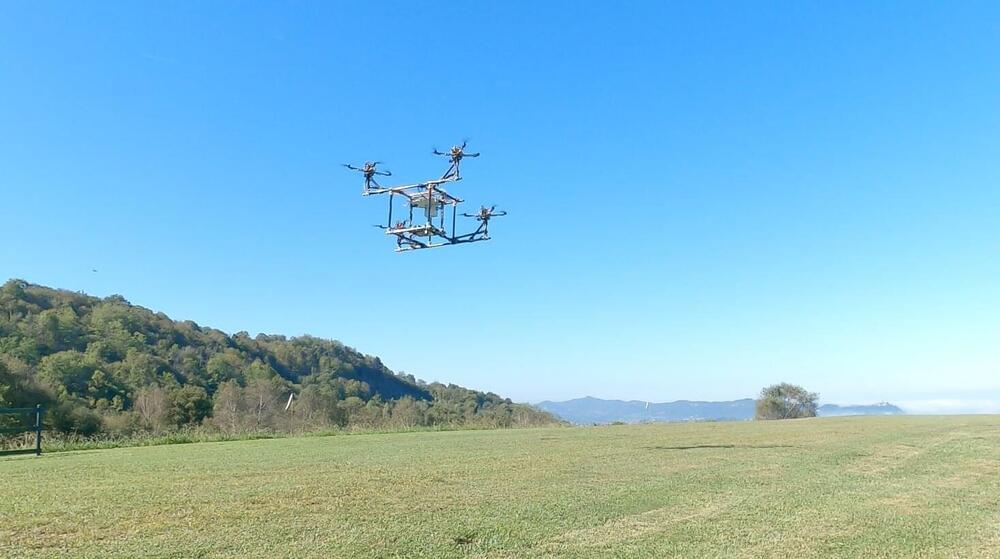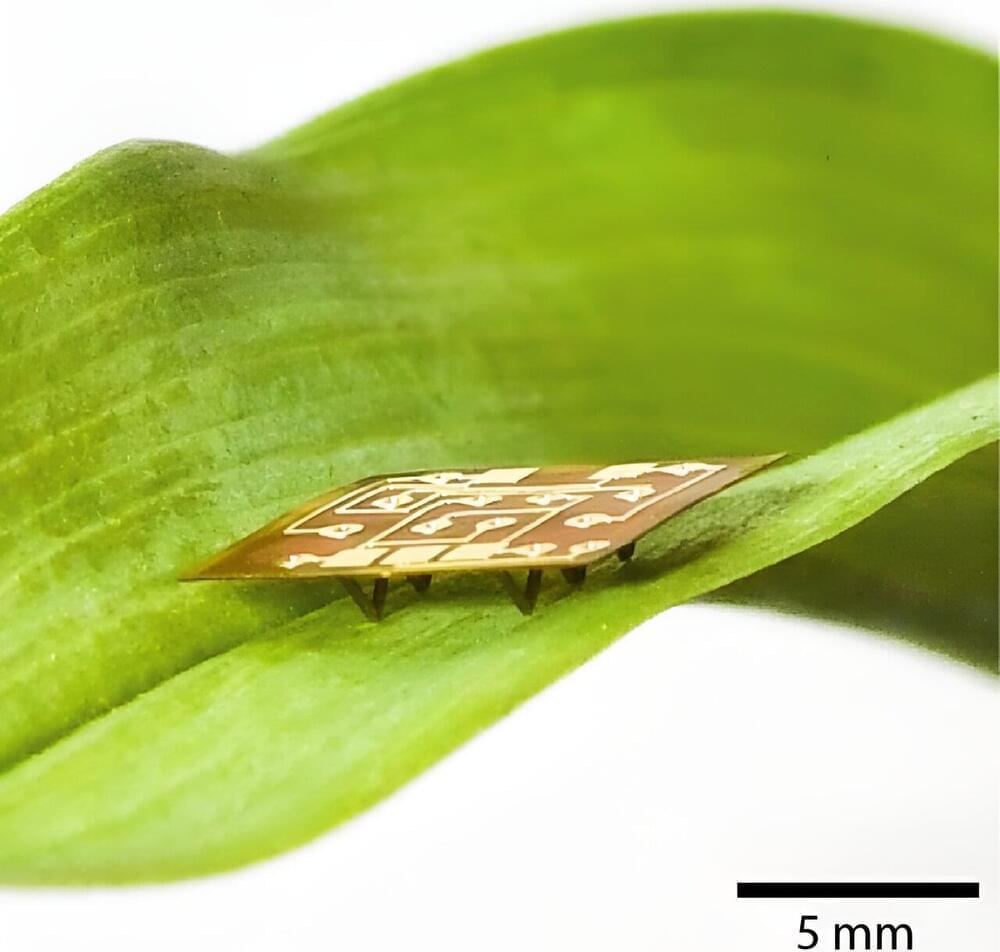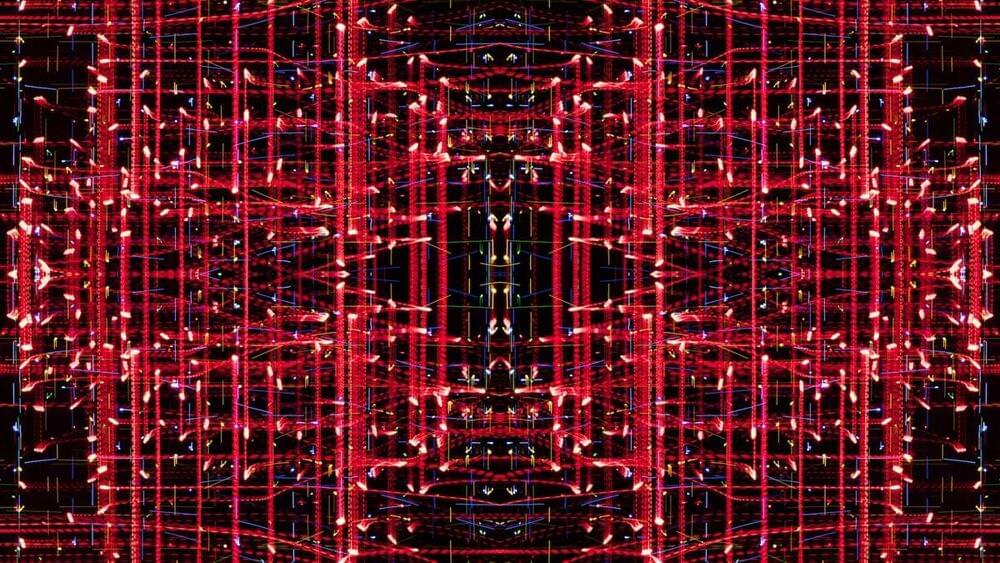Page 451
Aug 10, 2024
How does something come from nothing? A chemist explains
Posted by Shubham Ghosh Roy in category: futurism
Don’t fall into the determinism trap. Everything is, in fact, random, says chemist Lee Cronin.
Aug 10, 2024
Study Proposes Cheap Effective Way to Terraform Mars…Kind of
Posted by Jose Ruben Rodriguez Fuentes in category: space

Get a Wonderful Person Tee: https://teespring.com/stores/whatdamathMore cool designs are on Amazon: https://amzn.to/3QFIrFXAlternatively, PayPal donations ca…
Aug 10, 2024
Realme will introduce its 300W phone charging technology on August 14th
Posted by Shailesh Prasad in category: mobile phones
Aug 10, 2024
Solar energy breakthrough could mean solar panels will be a thing of the past
Posted by Arthur Brown in categories: solar power, sustainability, transportation
Oxford scientists make new solar cell technology discovery which you could soon wear, stick on your mobile or coat your car with.
Aug 10, 2024
An aerial robot that can independently control its own position and orientation
Posted by Shailesh Prasad in categories: drones, robotics/AI
Unmanned aerial vehicles (UAVs), commonly known as drones, are now used to capture images and carry out a wide range of missions in outdoor environments. While there are now several UAV designs with different advantages and characteristics, most conventional aerial robots are underactuated, meaning that they have fewer independent actuators than their degrees of freedom (DoF).
Underactuated systems are often more cost-effective and can be controlled using simpler control strategies than overactuated systems (i.e., robots that have more independent actuators than their DoF). Nonetheless, they are often less reliable and not as capable of precisely controlling their position and orientation.
Researchers at Tecnalia’s Basque Research and Technology Alliance (BRTA) in Spain recently developed a new overactuated aerial robot that can independently control the position and orientation of its main body. This robot, introduced in a paper published in Robotics and Autonomous Systems, has four quadrotors that cooperatively carry its central body.
Aug 10, 2024
DeepMind develops a robot that can play amateur level ping-pong
Posted by Shailesh Prasad in category: robotics/AI
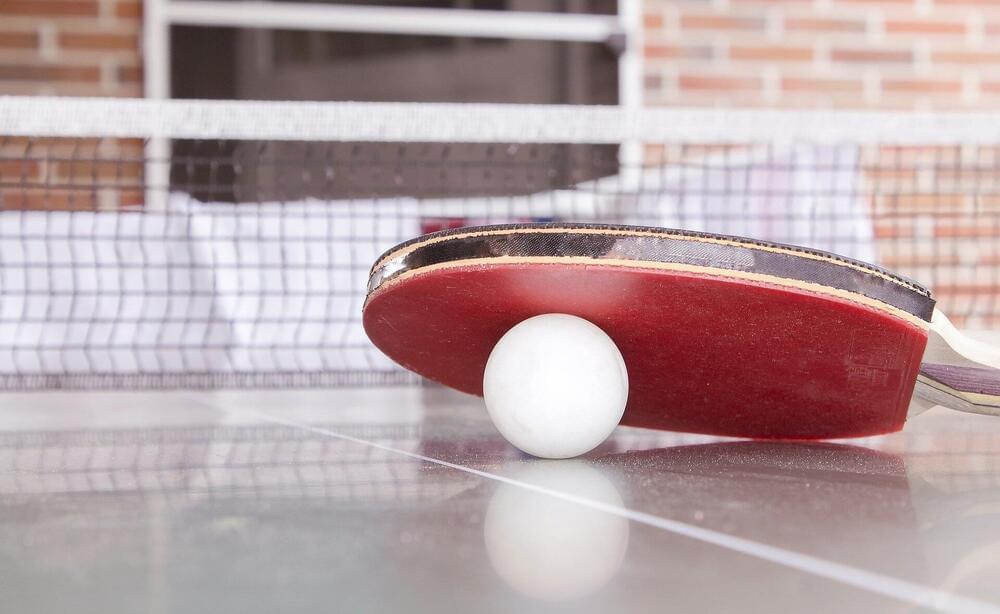
A team of engineers at Google’s DeepMind Project has demonstrated a robot capable of playing amateur-level table tennis (ping-pong). The team has published a paper on the arXiv preprint server describing how they developed the robot, how well it performed at different ability levels and how human players responded to playing with the robot.
Over the past several years, robot scientists have been combining advancements in robot design with artificial intelligence, resulting in the development of robots with ever increasing abilities. In this new effort, the research team has developed an AI-based ping-pong player with the highest performance level ever for a robot.
Continue reading “DeepMind develops a robot that can play amateur level ping-pong” »
Picture this: hundreds of ant-sized robots climb over rubble, under rocks and between debris to inspect the damage of a fallen building before human rescuers explore on-site.
Downscaling legged robots to the size of an insect enables access to small spaces that humans and large robots cannot reach. A swarm of small robots can even collaborate like their insect counterparts to haul objects and protect one another. Picotaur, a new robot from the labs of Sarah Bergbreiter and Aaron Johnson is the first of its size, able to run, turn, push loads and climb miniature stairs.
“This robot has legs that are driven by multiple actuators so it can achieve various locomotion capabilities,” said Sukjun Kim, a recent Ph.D. graduate advised by Bergbreiter. “With multiple gait patterns, it can walk like other hexapod robots, similar to how a cockroach moves, but it can also hop from the ground to overcome obstacles.”
Aug 10, 2024
New supercomputing network could lead to AGI, scientists hope, with 1st node coming online within weeks
Posted by Dan Breeden in categories: robotics/AI, supercomputing
Scientists hope to accelerate the development of human-level AI using a network of powerful supercomputers — with the first of these machines fully operational by 2025.
Aug 10, 2024
Paint-On Perovskite Solar Cells Take Over
Posted by Quinn Sena in categories: solar power, sustainability
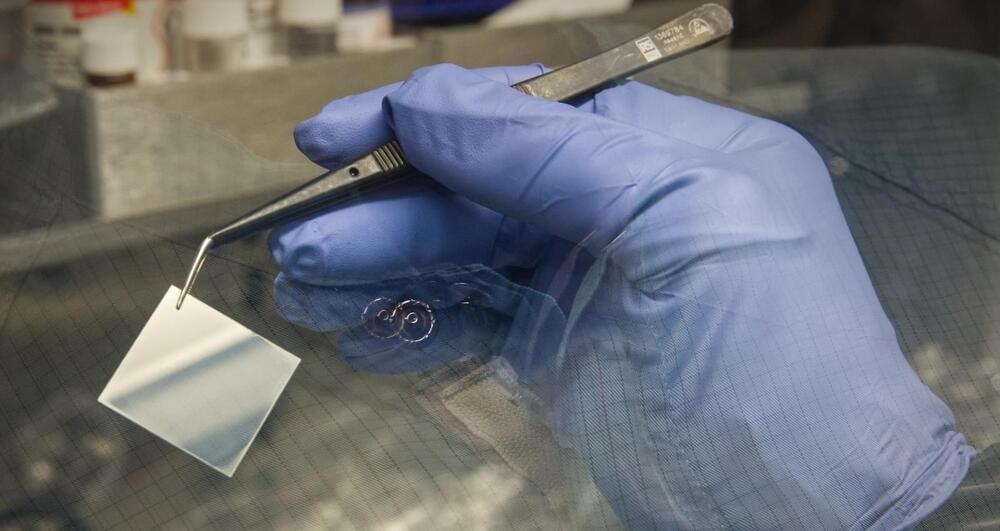
Solar opponents will have to figure out a new line of attack when perovskite solar cells suddenly plaster the world.

